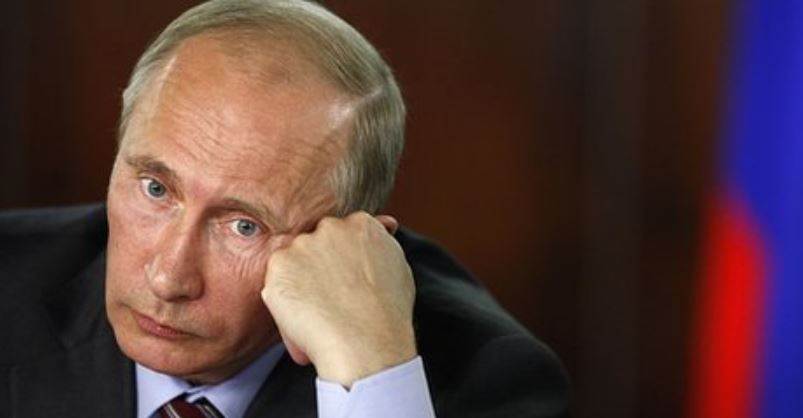Search here

14-Apr-2020
COVID-19 Crisis Has Spoiled Russia's Middle-East Plan
Playing text to speech
In the course of recent weeks, the spread of COVID-19 in Russia has quickened. The nation at present has in excess of 18,000 formally enrolled cases and 148 passings. Despite the fact that these numbers are well underneath what is being reported in European nations like Spain, Italy, and the UK, the flare-up has all the earmarks of being still in its initial stage and can possibly extend to a lot more elevated level.
Despite the fact that the Kremlin is attempting to extend universal delicate force by sending clinical supplies and staff to Italy and Serbia, and offering gear to the United States, there are expanding worries that the circumstance in the nation will compound rapidly and will have extreme political and financial outcomes. Effectively, numerous administration clinics in the capital, Moscow, have arrived at the limit and can't like all patients spilling to their crisis units.
This will absolutely influence the nation's international strategy activities, and all the more explicitly, its projection of intensity in the Middle East.
The ongoing OPEC+ bargain was touted as a triumph over the Russian state-run media, yet it won't be sufficient to help oil costs and forestall the current year's downturn. Moreover, because of some specialized difficulties, Russia may battle to satisfy its commitments of cutting oil yield.
Future monetary recuperation will likewise likely be repressed by Russia's failure to obtain abroad because of the Western authorizations. During the G20 video-summit on March 26, President Vladimir Putin proposed a ban on sanctions identified with fundamental merchandise. A couple of days after the fact, Russia set forward a proposition on facilitating one-sided sanctions at the UN, which was reproached by Western nations and met with furious restrictions from Ukraine.
In March, Putin disclosed to TASS news organization that as indicated by certain assessments, the nation had lost as much as $50bn in view of remote assents. The number, in any case, might be a lot higher, as indicated by Bloomberg.
READ HERE MORE: Corona Pandemic Is Full Of Uncertainties
A staunch supporter of financial conservatism, Putin is probably not going to follow the way of numerous Western countries and assign reserves amassed during the oil blast to support independent companies or give a security net to everybody.
In his most recent location, the Russian president reported rather pitiful help for little privately owned businesses, remembering a six-month suspension for standardized savings installments and some duties, and requested the administration to draft an extra alleviation program.
A potential flood of joblessness joined with the decrease of genuine wages for the 6th successive year will probably mix progressively social discontent in Russia. Putin's endorsement and trust appraisals have just been falling since his last re-appointment in 2018, and the ongoing declaration of established corrections that would permit him to remain in power past 2024 have caused open polarization.
A March survey by the Levada Center, the free surveyor, found that Russians are isolated on the proposed changes: 47 percent restricting and 48 percent supporting it. Further financial hardship will probably convert into progressively political polarization that could spill into restriction road fights, as has occurred before.
Moreover, Russia's appeal hostile in the Gulf, which was joined by elevated level visits in the course of recent years, has apparently arrived at its cutoff points. Huge numbers of the multibillion-dollar contracts which were guaranteed during legitimate gatherings never appeared.
With the breakdown of oil costs, Gulf governments will probably expand levels of financial conservatism and resort to more noteworthy alert in their remote spending. Hence, gigantic interests in Russian resources are improbable sooner rather than later.
The entirety of this may push Russia to rethink its quality in the locale. Despite the fact that it will stay a powerful local player, it will likely be compelled to downsize its association militarily, strategically and monetarily.
This will mean freezing its inclusion in Syria to a couple of vital resources, while holding influence over the Assad system, keeping up some job in the Libyan clash, yet not extending it, and recalibrating its commitment with the Gulf.

Comments
Solutions
Join Our Newsletter
Subscribe to our newsletter to receive emails about new views posts, releases and updates.
Copyright 2010 - 2024 MindStick Software Pvt. Ltd. All Rights Reserved Privacy Policy | Terms & Conditions